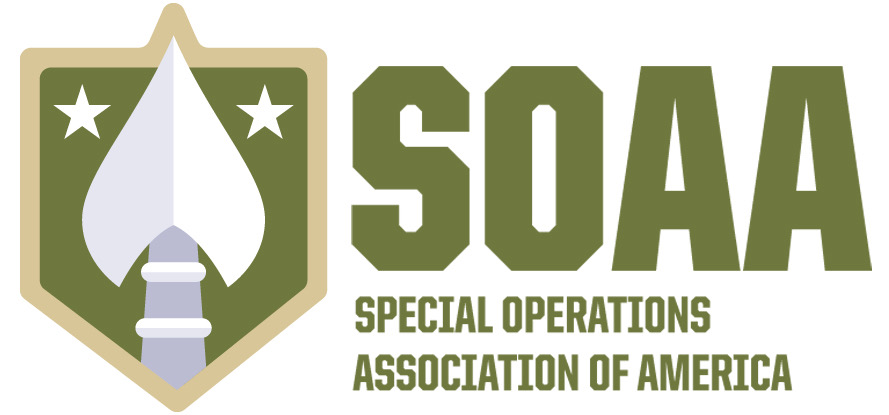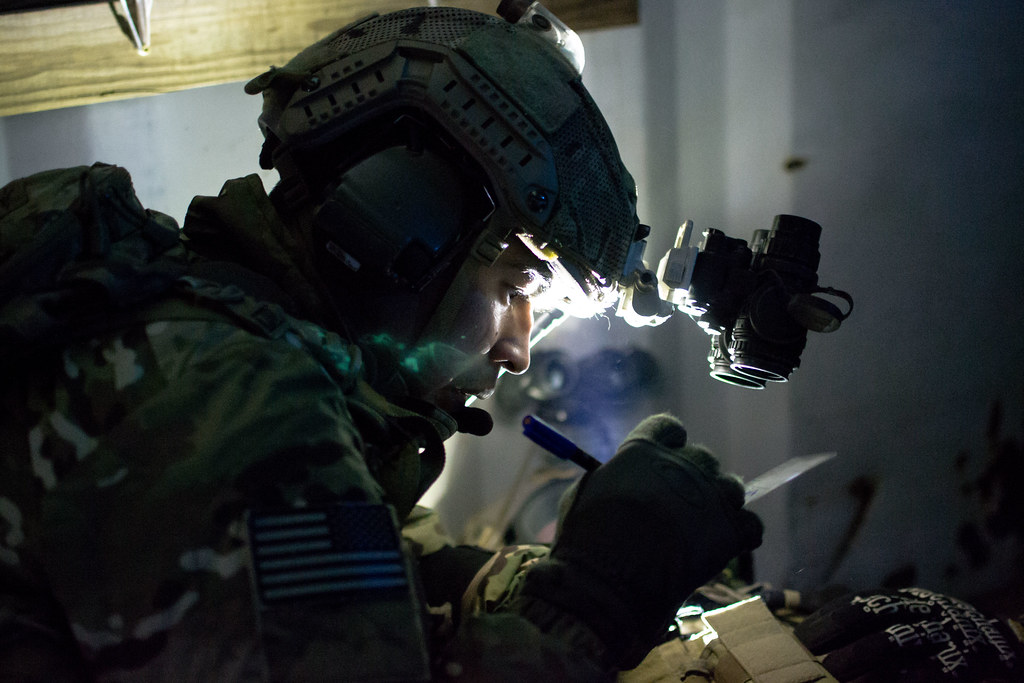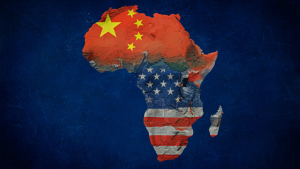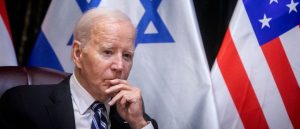The U.S. Army Special Forces – better known as the Green Berets – perform a great deal of our country’s missions that call for a diplomatic military presence, and as the largest provider of Special Operations Forces, it seems problematic that there has never been a Green Beret U.S. Special Operations Command (USSOCOM) Commander.
There are a multitude of speculations to be made into the root of this missed opportunity, one being an institutional bias that can border on discrimination within DoD. The seemingly innocuous reputation Green Berets hold as being nonconformists to the Army’s clean-cut, conservative image can unfurl into the misconception that Green Berets are undisciplined and poor examples to their troops. Perceptions such as these can lead the way to discrimination and favoritism.
Another reason could be that Army Special Forces Generals don’t have sufficient visibility and access to the national security apparatus. This has been a serious disparity within SOCOM in general, and the reluctance of DoD to enact passed-legislation that promotes ASD SO/LIC to service-secretary authority and instructs the ASD SO/LIC to have a direct channel to the Secretary of Defense has only made matters worse. The current force structure of SOCOM places the SOCOM Commander as both a Secretary and Combatant Commander, and the disparity in ranks of deployed Special Forces Generals and TSOC Commanders have encouraged Special Forces Generals to stay operational and remain disconnected from the inner workings of the Pentagon, resulting in a lack of recognition from senior Army leadership.
Perhaps the lack of Green Berets at the highest senior levels of SOCOM leadership could also be ascribed to a lack of understanding of what they do? Special warfare is complex and the tactics used to perform it require more finesse than the purely kinetic approach of direct action. It involves a combination of lethal and nonlethal actions and includes conducting a combination of unconventional warfare, foreign internal defense, and counterinsurgency. It requires an understanding of foreign cultures and languages so that they can build trusting relationships with locals and fight alongside them. These missions do not always have instantaneous effects and can often last several months. Proving successful service for SW operations is difficult, given the much-longer timeline of these operations compared to counterterrorism or direct action operations, contributing to the lack of promotion among Special Forces operators. Since there is a lot to dissect and comprehend in all that special warfare entails, those who perform it do not receive the recognition they deserve.
Whether it be an issue of reputation, visibility, or messaging can only be speculated – though our gut tells us it is a combination of all three. An examination of the twelve USSOCOM commanders that have served indicates that the path to the top command is through direct action. What is clear, though, is that with the shift in national security priorities from counterterrorism to great power competition, it is time that SOCOM is commanded by someone outside of conventional leadership, who understands the intricacy of the command and how best to use our Nation’s Green Berets.





